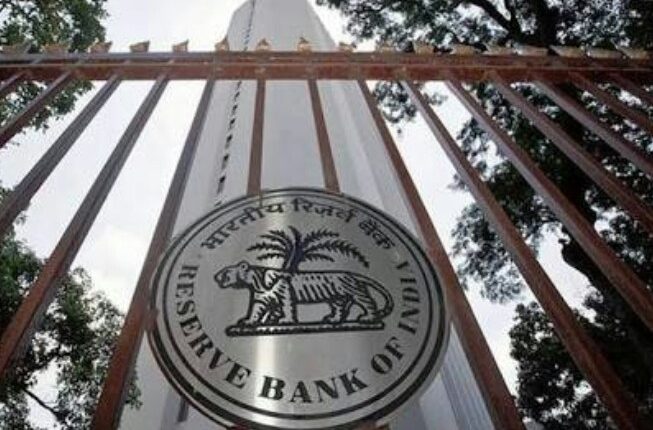The Reserve Bank of India (RBI) has given its final authorisation to payment processing giants Cashfree and Razorpay to operate as a Payment Aggregator (PA). This green light from the regulatory body marks the end of a year-long pause on onboarding new merchants for the fintech company. Neobanking fintech Open, Enkash, and Paymentz have also received the final nod.
Cashfree, among other players, had temporarily halted onboarding online payment merchants following an RBI advisory in November last year. The recent approval allows these payment firms to resume onboarding new merchants to their platform.
A statement from Cashfree says, “Securing the Payment Aggregator (PA) license from the RBI is a pivotal moment for Cashfree Payments, affirming our focus on compliance and highlighting the significance of a well-regulated payments landscape. We are now onboarding new merchants on our payment gateway. We are very excited about this new phase of our journey, where we continue to drive exponential growth and retain our market leadership as the preferred aggregator in the payments space.”
The move follows a year-long hiatus imposed by RBI on companies like Cashfree, Razorpay, and Stripe, preventing them from onboarding new merchants until obtaining final approval for the PA licence. The final approval comes after Cashfree, among others, received in-principle approval for the PA licence in July 2022. However, the final approval was pending with the RBI for more than a year, leading to a temporary halt in onboarding new merchants. Payment Aggregators play a crucial role in facilitating e-commerce sites and merchants to accept various instruments from customers for payment without the need for merchants to develop their own systems.
Despite this positive development, it is reported that notable players like PayTm, PayU, and JusPay are still awaiting the RBI’s final nod.
This resumption in operations provides relief to Cashfree, as the RBI’s earlier directive had a significant impact on their ability to onboard new merchants. The detailed terms and conditions of the authorisation require companies to adhere to regulatory standards and promptly report any unusual incidents, including cyber-attacks and settlement delays.
While the companies welcome the RBI’s authorisation, critics argue that the conditions outlined may still present challenges, and the competitive landscape in the payments aggregator space continues to evolve. The focus now shifts to how these fintech players leverage the approval to drive growth, innovate, and maintain market leadership in the payments space.
The Tech Portal is published by Blue Box Media Private Limited. Our investors have no influence over our reporting. Read our full Ownership and Funding Disclosure →






